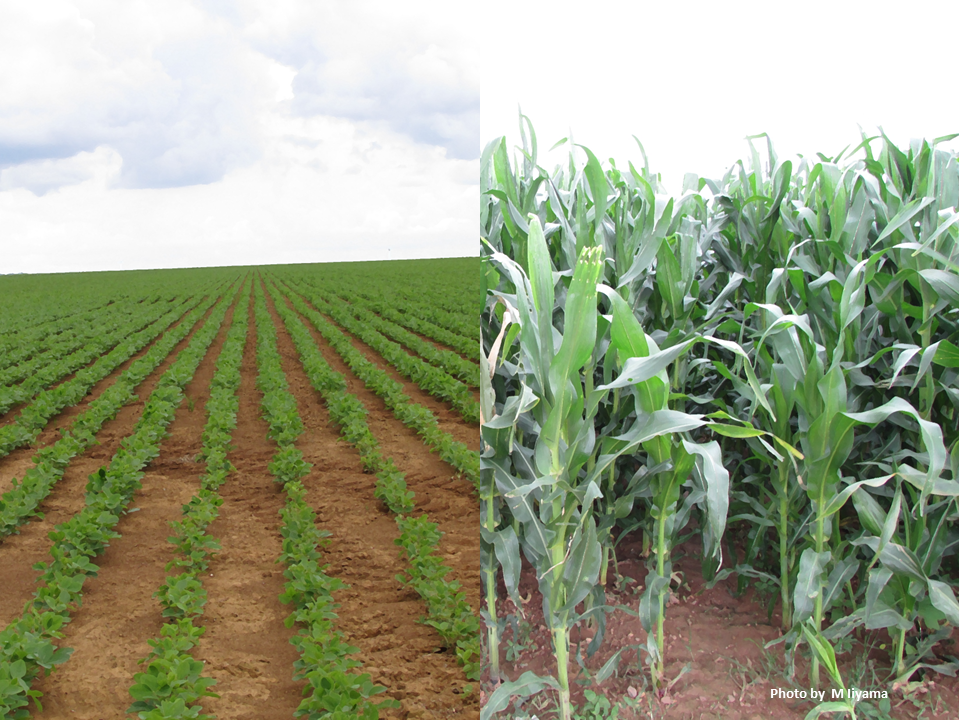Pick Up
1352. Consecutive Heatwaves Threaten Global Food Production

1352. Consecutive Heatwaves Threaten Global Food Production
As global warming progresses, extreme weather events are occurring more frequently in succession. A study published in Environmental Research Letters showed that such consecutive heatwaves pose a serious threat to global food production.
The study showed that while early warm weather improves crop yield potential, particularly for soybeans and corn, it also intensifies the impact of subsequent heatwaves by 5% to 55% compared to average years. The impact of this increased yield sensitivity outweighs the benefits of early heat waves when mid-season temperature anomalies exceed between 0.7°C to 5°C (depending on the crop).
Under high greenhouse gas emission scenarios, it is projected that by the end of this century, the probability of experiencing consecutive heatwaves in the early and mid-season of crop growth could increase tenfold. Taking into account the interaction of early- and mid-season warming, temperature-related crop yield losses are projected to increase by 2% to 44%, depending on the crop and region, offsetting the potential benefits of a warm spring. These results highlight the emerging, nonlinear risks that consecutive extreme heatwaves pose to the food system.
In contrast, limiting global warming to 1.5°C would reduce projected losses to only 1%-6%, potentially avoiding the majority of damage. This study highlights the need to strengthen food system resilience and consider the complex effects of climate change to avoid the impacts of increasingly interconnected climate risks on society.
(Reference)
Hamed, R., Steinmann, C.B., Ma, Q., Balanzategui, D., Broadman, E., Lesk, C., Kornhuber, K. (2025). Amplified agricultural impacts from more frequent and intense sequential heat events. Environmental Research Letters DOI: https://doi.org/10.1088/1748-9326/ae06b8
Contributor: IIYAMA Miyuki, Information Program
